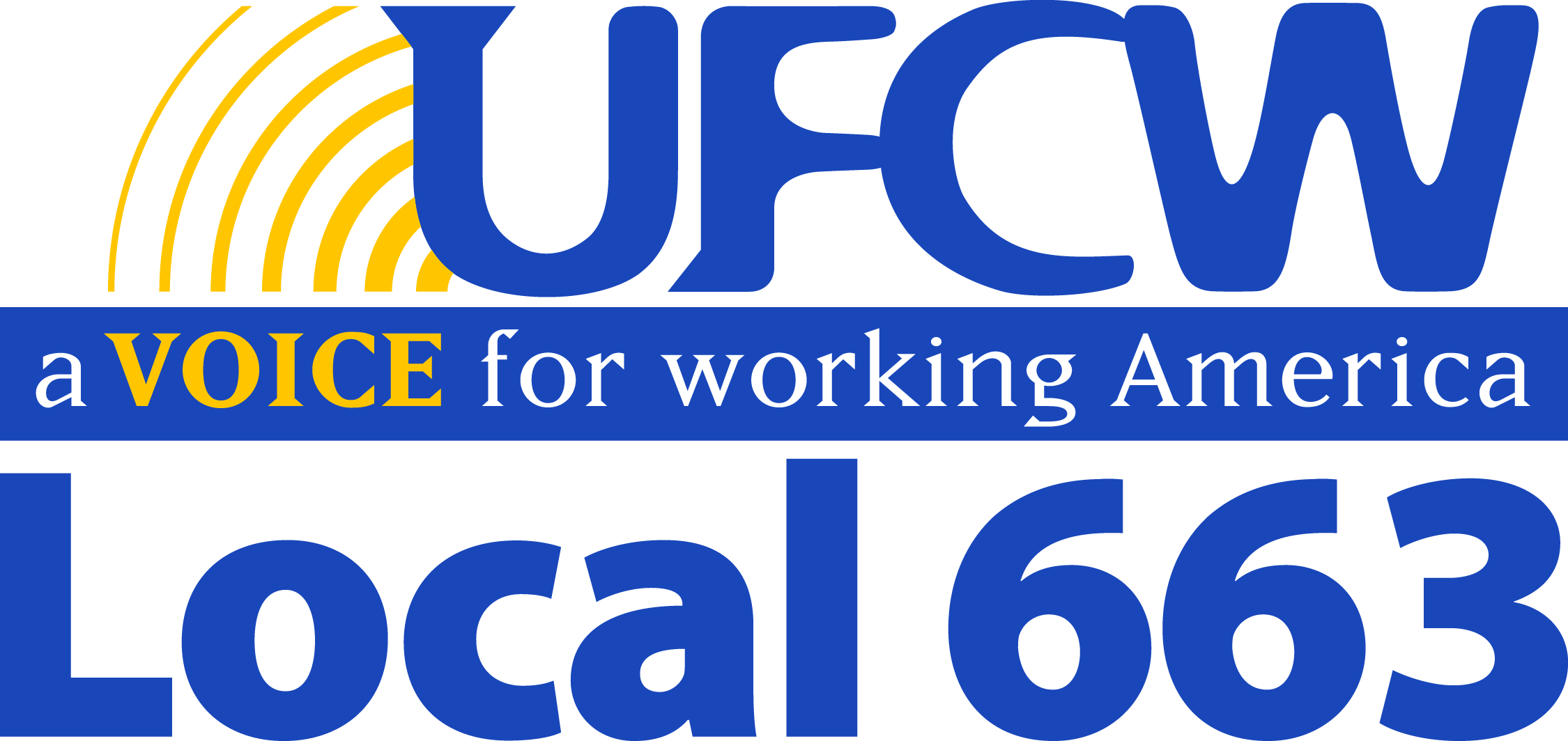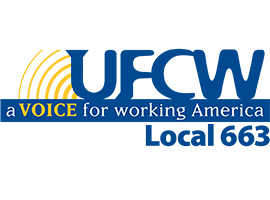On Behalf of MN AFL-CIO, UFCW, UNITE HERE, SEIU and more
For Immediate Release
Sunday, May 7, 2023
Ahead of Minimum Wage Report, Workers and Labor Leaders Praise Gains in Minneapolis & St. Paul, Continue Push for Statewide Wage Increase
MINNESOTA – Ahead of a report from the Minneapolis Federal Reserve about the impacts of the $15 minimum wage in Minneapolis and St. Paul, workers and labor leaders praised the impacts of the wage increases, especially considering the largest steps came during an economic downturn caused by COVID-19. While the report covers the timeframe when Minnesota has produced one of the strongest economies in the country, worker organizations also noted the challenges both cities are facing with a massive upsurge in work-from-home that has hurt the retail, service and food industries in Minneapolis & St. Paul.
Tammy Huston, who lives in Lakeville but works in Minneapolis at the Delta Hotel and is a member of UNITE HERE Local 17, shared how important the higher minimum wage in Minneapolis is for many workers:
“I drive 25 minutes to my job in Minneapolis because the wages are so much better. I’ve seen how the increased wage in Minneapolis has meant that some people aren’t having to work two jobs, which is what we want to happen. I looked for jobs like mine closer to home but couldn’t imagine how I would get by being paid $5 an hour less. The minimum wage should always be high enough where people can afford groceries and rent, and I can’t imagine how someone does that on less than $15 per hour. In the last few years, rent has gone up, groceries have gone up, everything has gone up. Raising wages is always a good thing, because no one should have to work two or three jobs, and tons of hours, just to pay their bills.”
Frontline workers saw their wages increase because of the minimum wage increase, even as hours declined during the height of the pandemic, racial justice uprisings rocked the cities and work-from-home meant that both downtowns saw a huge decrease in the number of people who ate and shopped in these core areas.
Daniel Humphrey, a UFCW Local 663 member who works at Lunds & Byerlys, spoke about the importance of the minimum wage:
“The increases to the minimum wage helped some folks, but it can’t keep up with rising prices in grocery stores, rent increases, and other costs of living. $15 per hour is no longer enough. During the pandemic, my coworkers and I fed this city. While people that make six figures got to work from home, I spent forty plus hours a week risking the health of myself and my loved ones because I was essential. During the first month of the pandemic, before COVID tests were available to the public, a customer got angry with me and a coworker, and purposefully coughed on us. We finished our shifts, and returned to work the next day not knowing if we were going to get sick. Essential workers fought and won frontline worker pay because you need us. We fought for a higher state minimum wage and won because you need us. When workers come together to fight for higher standards, everyone wins.”
While corporate profits have continued to rise, Minnesota continues to face massive racial disparities that have meant lower wages for communities of color. Frontline workers also died at a disproportionate rate during the pandemic as they weren’t able to work from home in the early dates of COVID. Minnesotans have seen a huge increase in job openings and competition for jobs, with wages rising as companies struggle to find workers to work for the low wages they were offering. The groups reiterated the need for a statewide increase to help working families at a time of skyrocketing corporate profits and record inflation that has hit working people the hardest.
Bernie Burnham, President of the Minnesota AFL-CIO, shared why workers are proud of these gains and why they continue to push for increases in the minimum wage across Minnesota:
“Union members were proud to be part of the fight to win a $15 minimum wage in Minneapolis, St. Paul and at the MSP Airport, along with leading the charge to increase the state’s minimum wage almost 10 years ago. The pandemic showed that the workers we deem ‘essential’ are often the people who are paid the least, with the most precarious schedules, and they often work for big corporations who are now seeing skyrocketing profits. Raising the minimum wage puts money in pockets of the lowest paid workers, often women and people of color. Despite the massive disruptions of the last few years by COVID, racial justice protests and huge changes in remote work, Minnesota’s economy is booming and our unemployment is low. We need to always make sure the workers who make that possible are being paid wages that ensure their families can thrive, which is why we continue to be champions for raising the minimum wage and indexing it to inflation across the state.”
###

